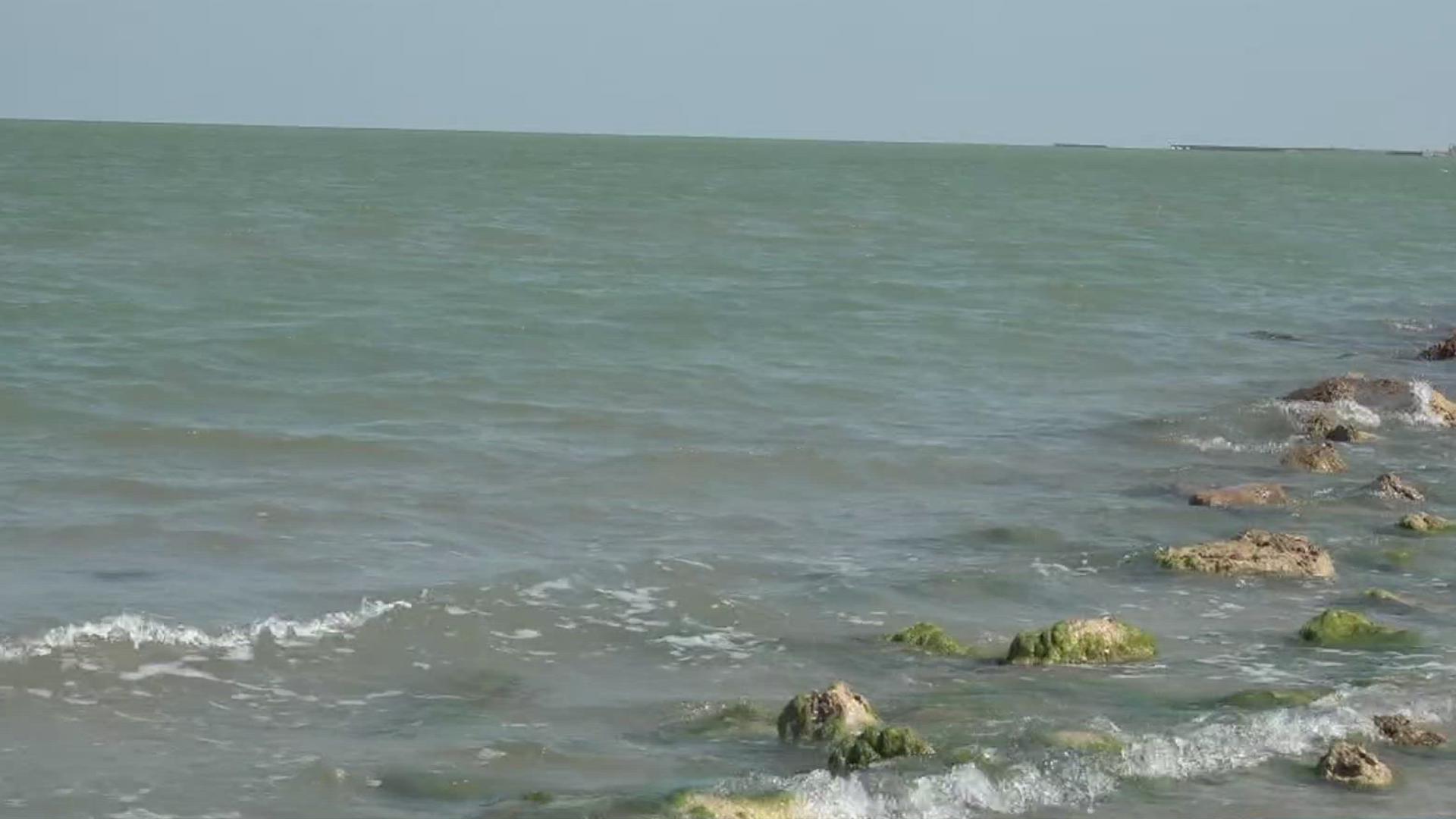CORPUS CHRISTI, Texas — Texas A&M University - Corpus Christi was chosen to be a partner in groundbreaking industry research of marine energy or blue energy, a natural energy that hasn't been tapped into until now.
The GO Blue Center research will aim to capture and convert natural energy in oceans into a useable power. The possibility of marine energy being a sustainable power source could be a big deal in the fight against climate change.
While additional research is performed across the country in the Great Lakes and Atlantic Ocean, Dr. Lea-Der Chen will direct the GO Blue Center initiative in the Gulf Coast. He's hoping his team will figure out how to convert marine energy into renewable energy.
"Ocean counts for 70% for the Earth's surface. And Ocean energy, just wave energy alone if we could retract it. It could meet energy demand," Dr. Chen said. "And the question is how you can do that?"
The GO Blue Center will focus on harnessing power from waves, tides, ocean currents, and offshore wind with technology they will develop along the way.
"So, one thing is how you store the energy from intermittent sources. So, we will be looking into something we saw with how you convert the intermittent sources into something we call, "storage,"" said Dr. Chen.
The Coastal Bend Bays & Estuaries Program Communication Manager Quinn Hendrick said he's glad a local institution is taking the initiative to see if this energy could be sustainable.
"It's clear that we need to explore alternatives again, make sure those alternatives are sustainable," Hendrick said. "So, exploring this new marine energy is worthwhile."
Dr. Chen said if they're able to conserve and use ocean energy, this could be a major thing for the environment.
"If we could do more converting renewable sources for our daily use," he said. "We will reduce carbon footprint and make it slow down climate change with that. So, that is the goal we want to achieve."
Dr. Chen said the research will begin in November and will go on for five years. By the end of this time period, if the research is successful they will continue to phase two of the initiative.

